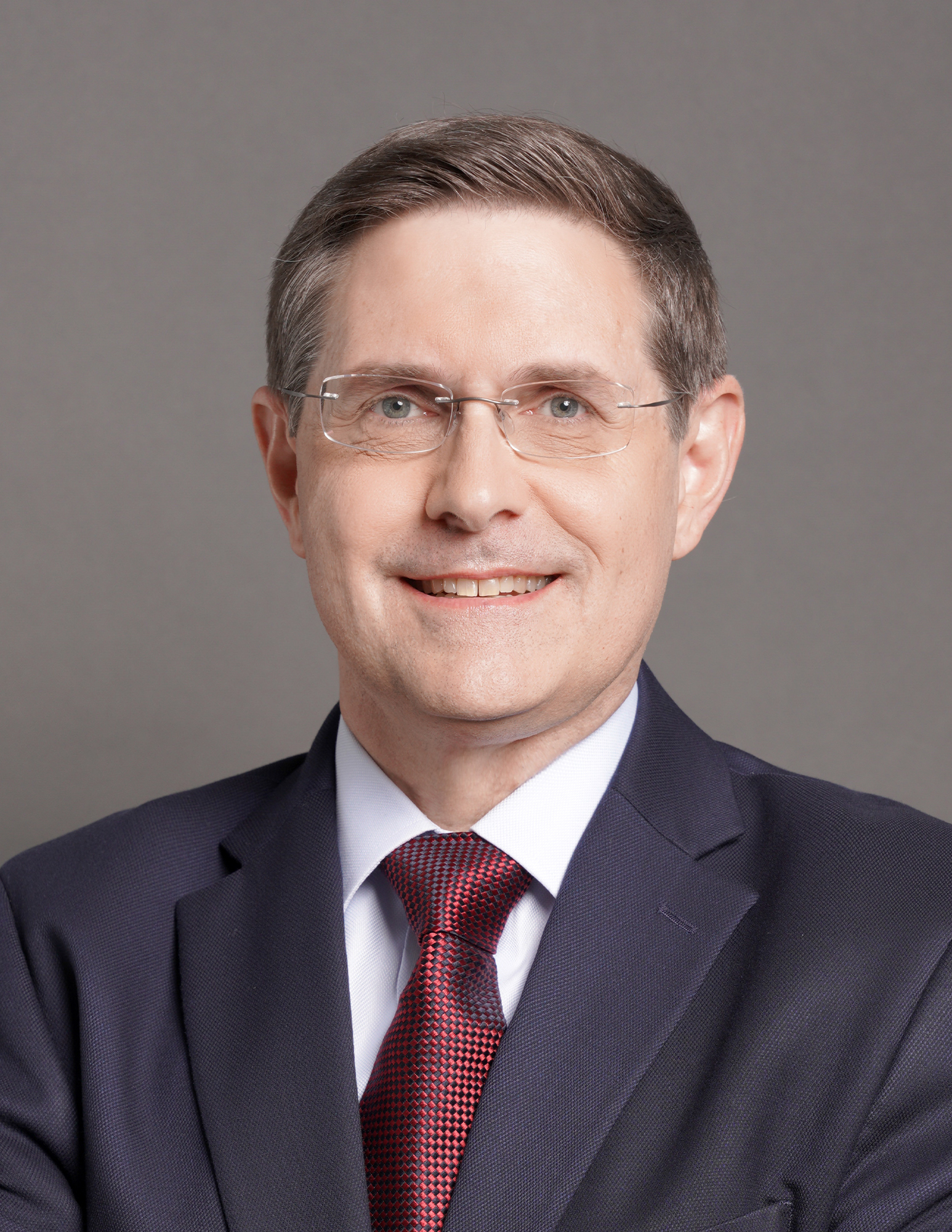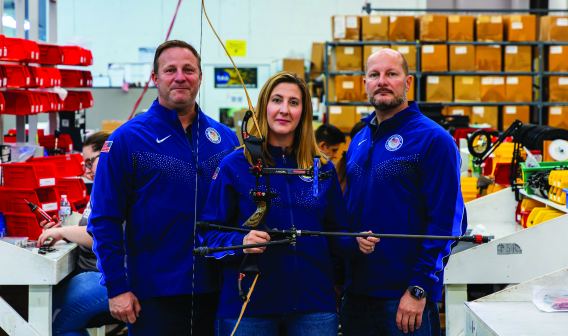
Dennis Meseroll is co-founder and executive director of Tractus Asia Limited, a global foreign direct investment advisory firm based in Thailand that specializes in advising and assisting companies with investment and location decisions in Asia. VEDP President and CEO Jason El Koubi spoke with Meseroll about reshoring, nearshoring, and other trends he’s seeing with Asian companies and markets.
Jason El Koubi: Tell us a little bit about your business and what kinds of trends you’re seeing with respect to companies that are choosing to locate new facilities.
Dennis Meseroll: We do foreign direct investment advisory work, so we’re primarily working with companies that are looking to expand here in Asia through our location strategy and site selection practice and our market expansion services. We also have an economic development practice, so we’re working with global investment promotion agencies and economic development organizations around the world, helping them with lead generation to attract investment in places like the state of Virginia.
The global mega-trends we are seeing that are driving global cross-border investment are impacting all the locations here in Asia. The real high-level trends of digitization of the world economy and the energy transition are as applicable here as they are in North America and Europe. Semiconductors and electronic components are being driven by that expansion and digitization of the global economy, and I think we all believe that that’s going to continue for quite some time. But the No. 1 driver is the energy transition from fossil fuels to renewables. That’s by far the largest component of cross-border investment that’s happening globally.




